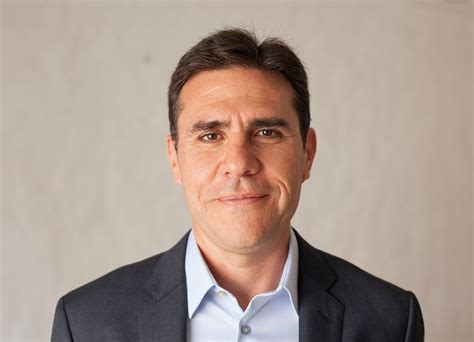A Quote by Samuel Florman
All about us the sense of disenchantment with technology appears to be growing. No one ... can ignore the fall of the engineer from the dizzying heights he once occupied... . with the coming of the environmental crisis, our relationship to society has changed. We cannot ... pretend that ... a hundred space spectaculars can restore things to what they were.
Related Quotes
We must ask whether our machine technology makes us proof against all those destructive forces which plagued Roman society and ultimately wrecked Roman civilization. Our reliance - an almost religious reliance - upon the power of science and technology to forever ensure the progress of our society, might blind us to some very real problems which cannot be solved by science and technology.
Flying has changed how we imagine our planet, which we have seen whole from space, so that even the farthest nations are ecological neighbors. It has changed our ideas about time. When you can gird the earth at 1,000 m.p.h., how can you endure the tardiness of a plumber? Most of all, flying has changed our sense of our body, the personal space in which we live, now elastic and swift. I could be in Bombay for afternoon tea if I wished. My body isn't limited by its own weaknesses; it can rush through space.
The environmental crisis is somber evidence of an insidious fraud hidden in the vaunted productivity and wealth of modern, technology-based society. This wealth has been gained by rapid short-term exploitation of the environmental system, but it has blindly accumulated a debt to nature-a debt so large and so pervasive that in the next generation it may, if unpaid, wipe out most of the wealth it has gained us.
We all fall into biological and mental habits. It's an easy way for us to navigate day-to-day work and life, but it also doesn't do us any favours in terms of growing into wisdom, growing into a greater understanding of each other, growing into a deeper relationship - all the things that we really crave.
Perhaps one of the most meaningful ways to sense the impact of the environmental crisis is to confront the question which is always asked about Lake Erie: how can we restore it? I believe the only valid answer is that no one knows. For it should be clear that even if overnight all of the pollutants now pouring into Lake Erie were stopped, there would still remain the problem of the accumulated mass of pollutants in the lake bottom.
I realize that the 2020s are going to be completely different than this decade has been. There's going to be rapid progress. One of the most important aspects is going to be cheaper access to space. It changes everything. We have the ideas and the technology to do a lot of things, but we're limited financially, so, by reducing the cost of access to space, the whole problem is changed. Ultimately, the pieces that are coming together are going to allow us to send humans to Mars - and bring them back.
You know, there's a growing level of disenchantment with governing institutions in Brazil. And in a sense, it's a healthy development because you have investigators and prosecutors going to work and finding out these things and revealing them to the public. But as a result, you have a lot of growing distrust in the way that government functions in Brazil.

































